Dharmashastra is not just a corpus of scriptural texts. It is rather a genre, in its own right, of writings comprising prescriptive codes of righteous conduct in different spheres: whether familial, societal, ritualistic, legal, or even political. For the first time, this book offers a quintessential view of the Dharmashastra (Smrti) literature. Which today, along with its digests and commentaries, looks like a vast reservoir of literary works that have been accumulating over the centuries since their legendary beginnings with Manu. This book not only tries to show how Dharmashastra works are representative of the ancient/medieval political, social and cultural milieus, but is also a painstaking attempt to gauge their influence in conditioning the Indian way of life and psyche." There is no dearth of descriptive works on the legal and social aspects of the Manusmrti. However, the historical and philosophical perspectives, especially those pertaining to the basic and universal concepts which served as the infrastructure of the civil and criminal codes, formation of the state, social stratification, economic compartmentalization, the rules of individual and social behaviour have not been adequately examined so far. Various beliefs and customs, taboos and rituals, cosmological and metaphysical principles, religious and ethical doctrines and other facets of life, as formulated there in, have also not received serious attention so far. The present books seeks to fill in the gap. It is an indepth study of the Manusmriti and aims at unfolding the key-concepts which provide the background to Manu’s formulations. It demonstrates how the ancient universal traditions, conserved and conceptualized in this unique text became the guiding principle of what was subsequently known as the Indian way of life.
Lamp of Law in Buddhism
$30.60
$34.00

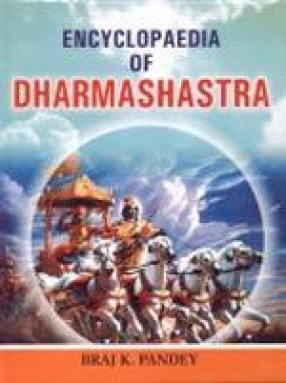
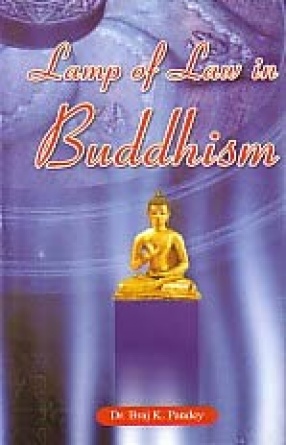
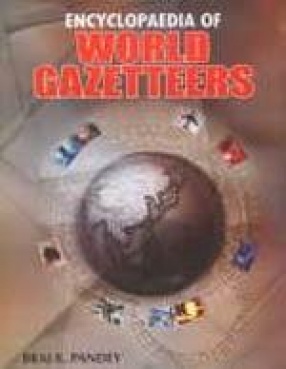

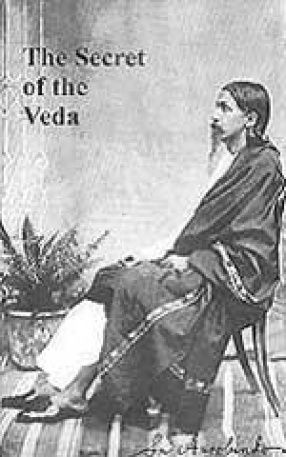
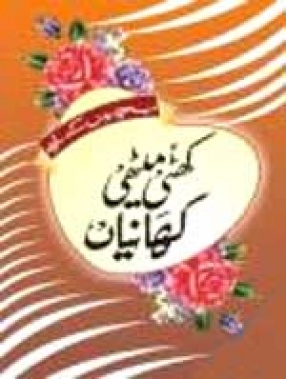
There are no reviews yet.